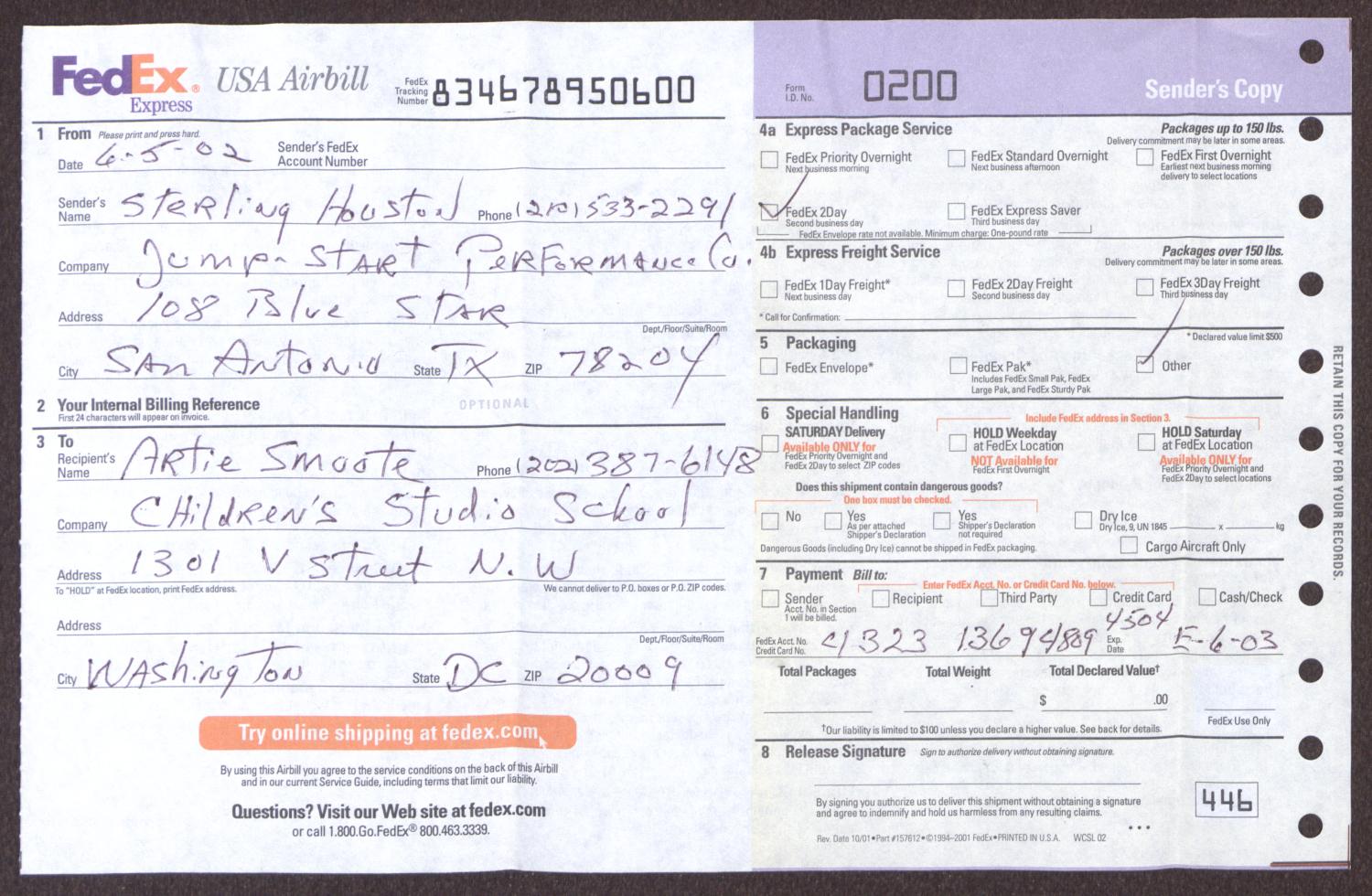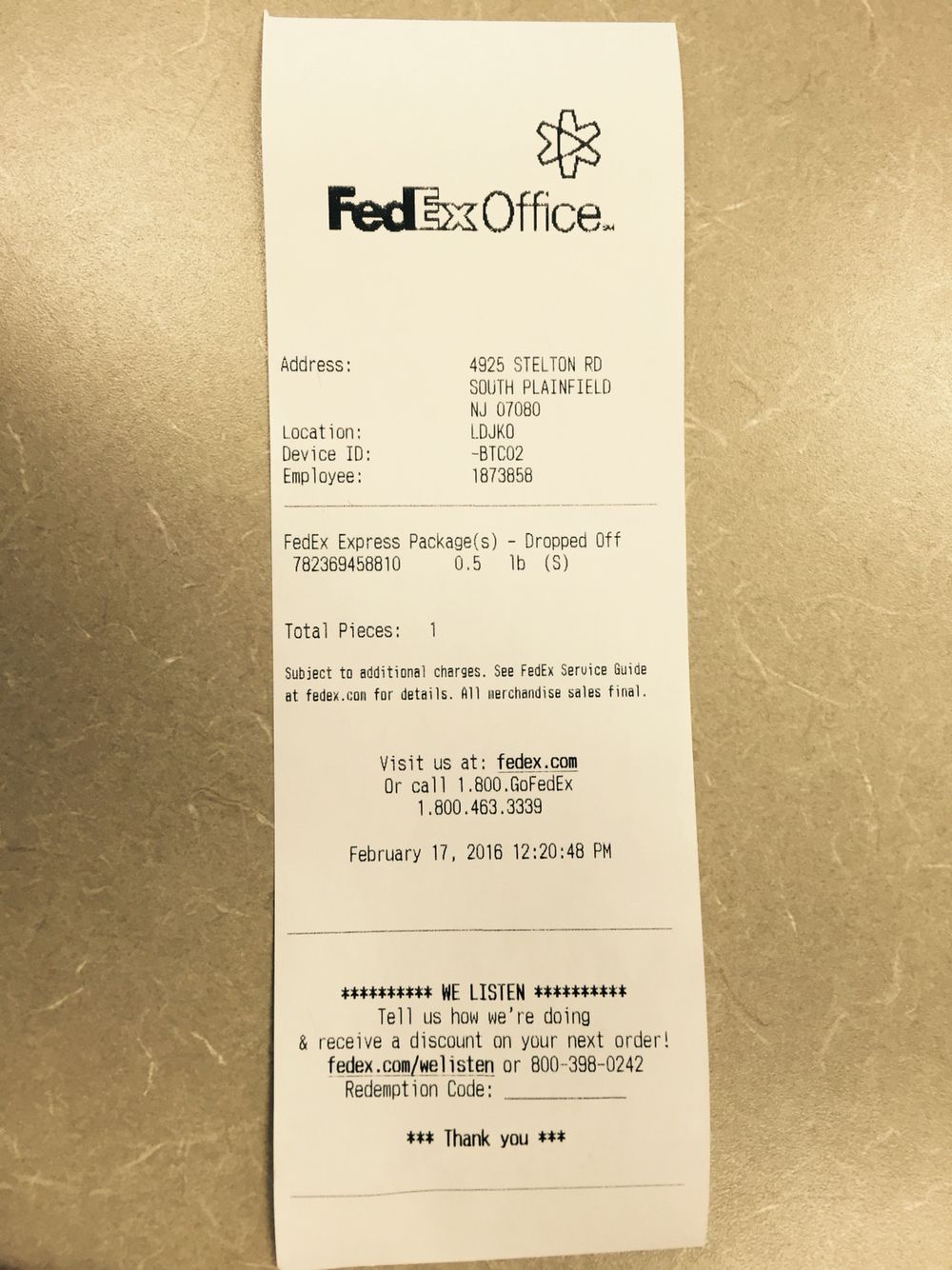Fake Fedex Receipt

Executive Summary

This comprehensive guide exposes the malicious practice of creating fake FedEx receipts. It unravels the deceptive techniques used to deceive unsuspecting individuals and businesses, providing crucial insights to safeguard against such fraudulent activities.

Introduction
In the realm of eCommerce and shipping, trust is paramount. However, the emergence of sophisticated fraud schemes, such as the creation of fake FedEx receipts, has undermined this trust. Understanding the modus operandi of these fraudulent practices is essential to combat their proliferation and protect oneself from financial losses.
FAQs
What is a fake FedEx receipt?
- A meticulously crafted document resembling a genuine FedEx receipt, designed to deceive the recipient into believing they have received a package or made a payment.
How are fake FedEx receipts created?
- Fraudsters leverage advanced techniques such as copying genuine receipts, modifying existing ones, or creating new ones from scratch using editing software.
Why are fake FedEx receipts dangerous?
- They can be used to:
- Scam individuals or businesses into making fraudulent payments.
- Conceal illicit shipments or activities.
- Damage the reputation of FedEx and other legitimate shipping companies.
- They can be used to:
Top 5 Subtopics
1. Identifying Fake FedEx Receipts
- Check the FedEx tracking number: Verify its validity through the FedEx website or by calling their customer service line.
- Examine the receipt’s format: Look for irregularities in the layout, typography, or language.
- Review the sender’s information: Be wary of unfamiliar sender addresses or names that do not match the expected recipient.
- Inspect the package details: Ensure the package’s description, weight, and other attributes align with the expected shipment.
- Trust your instincts: If something about the receipt seems suspicious, do not hesitate to contact FedEx for further verification.
2. Reporting Fake FedEx Receipts
- Contact FedEx immediately: Inform them of the fraudulent receipt and provide all necessary details.
- File a police report: Report the incident to local authorities, especially if you have been financially defrauded.
- Notify your bank or credit card company: Alert them to the fraudulent charge or payment.
- Dispute the charge: If applicable, file a dispute with your financial institution to contest the unauthorized transaction.
- Share the information: Report the fake receipt to relevant anti-fraud organizations and websites to help prevent others from falling victim to similar scams.
3. Preventing Fake FedEx Receipts
- Use trusted shippers: Choose reputable shipping companies that implement robust security measures.
- Track your shipments regularly: Monitor the progress of your packages through the official FedEx website or mobile app.
- Be cautious of unsolicited emails or communications: Do not open attachments or click on links in emails from unknown senders claiming to be from FedEx.
- Install antivirus and anti-malware software: Protect your computer and mobile devices from malicious software that could intercept or alter legitimate receipts.
- Educate yourself: Stay informed about the latest fraud schemes and best practices for protecting oneself.
4. Legal Consequences of Using Fake FedEx Receipts
- Fraud: Creating or using fake FedEx receipts can be considered a fraudulent act, punishable by law.
- Mail fraud: If the fake receipt is used to deceive the postal service, it may constitute mail fraud, a federal crime.
- Wire fraud: If the receipt is used to obtain money or property through electronic means, it could be considered wire fraud.
- Identify theft: Using someone else’s identity to create a fake FedEx receipt may result in identity theft charges.
- Civil penalties: Victims of fake FedEx receipt scams may sue for damages and compensation.
5. FedEx’s Response to Fake Receipts
- Enhanced security measures: FedEx continually updates its security protocols to detect and prevent fraudulent receipts.
- Customer support: FedEx provides dedicated customer support channels to assist individuals who suspect they have received a fake receipt.
- Fraud investigations: FedEx collaborates with law enforcement agencies to investigate and prosecute individuals involved in creating or using fake receipts.
- Public awareness campaigns: FedEx actively promotes fraud awareness and provides resources to educate the public on how to identify and report fake receipts.
- Collaboration with industry experts: FedEx works with anti-fraud organizations and industry experts to share information and develop best practices for combating fraudulent activities.
Conclusion
Fake FedEx receipts pose a significant threat to individuals and businesses. By understanding the deceptive techniques used by fraudsters, implementing preventive measures, and reporting suspicious receipts promptly, we can effectively combat these malicious practices. Remember, vigilance is key to safeguarding oneself and upholding the integrity of the shipping industry.
Keyword Tags
- Fake FedEx Receipt
- Fraudulent Receipts
- FedEx Scams
- Identity Theft
- Anti-Fraud Measures
